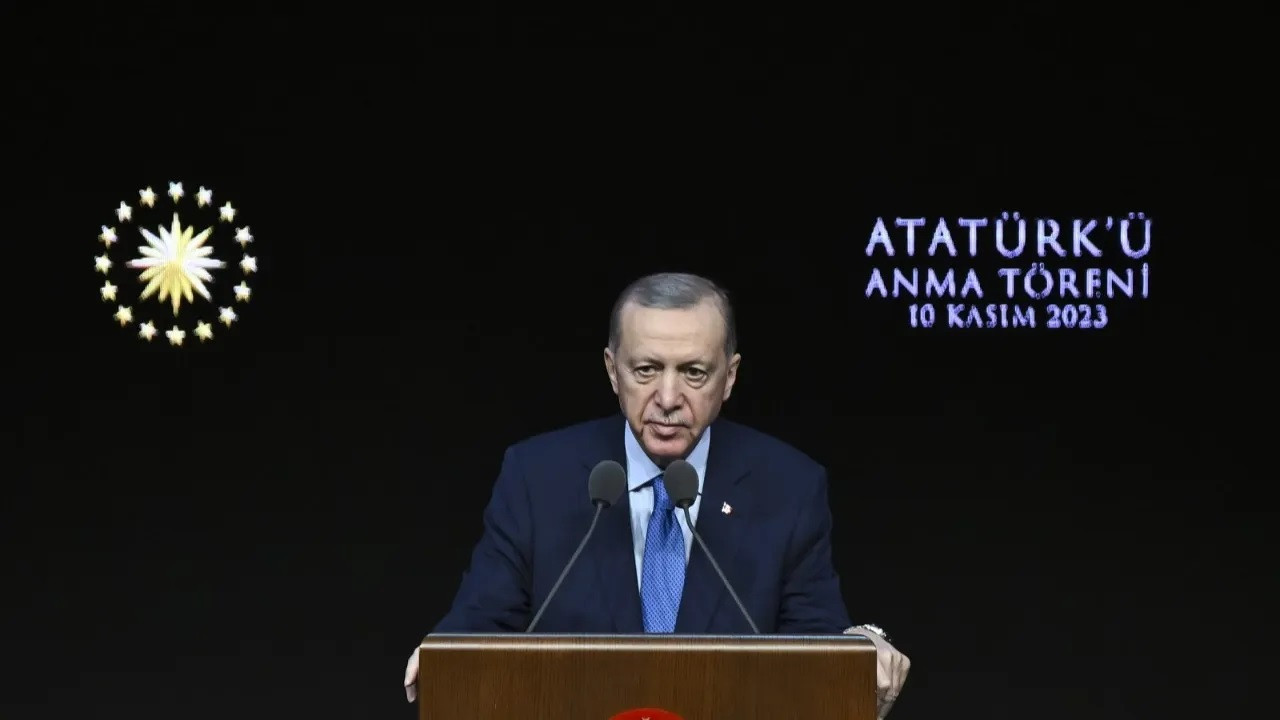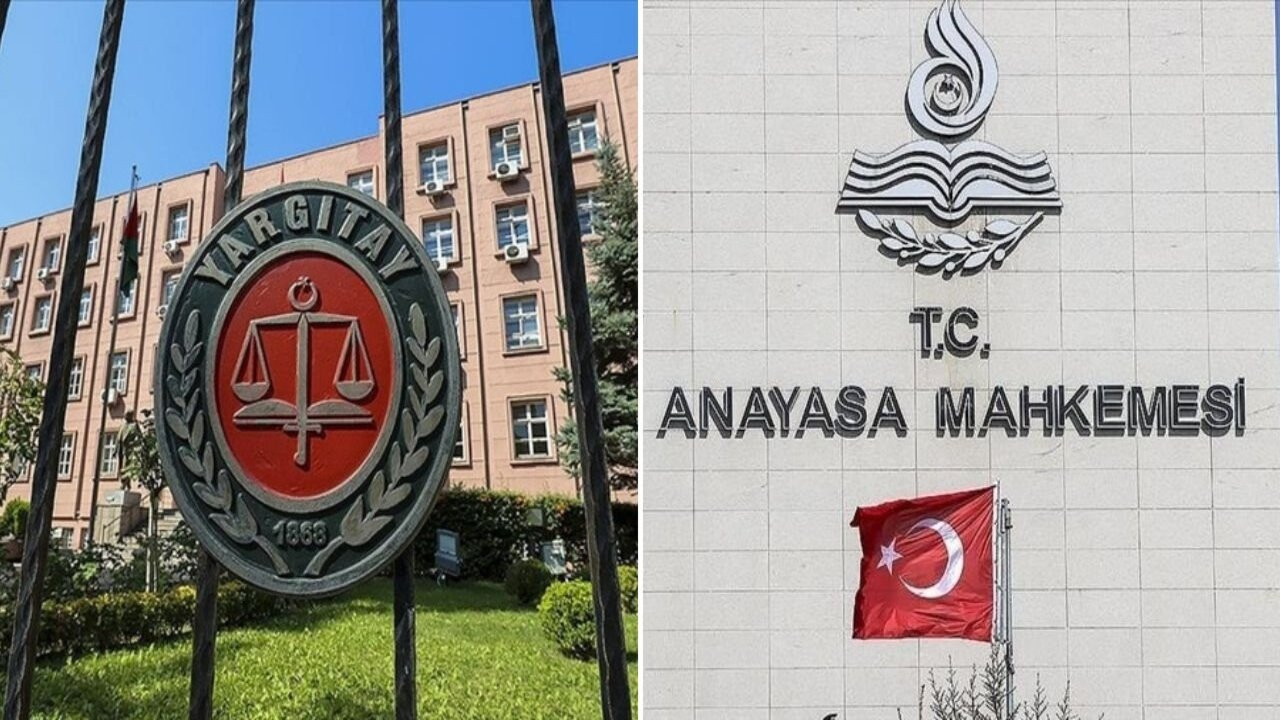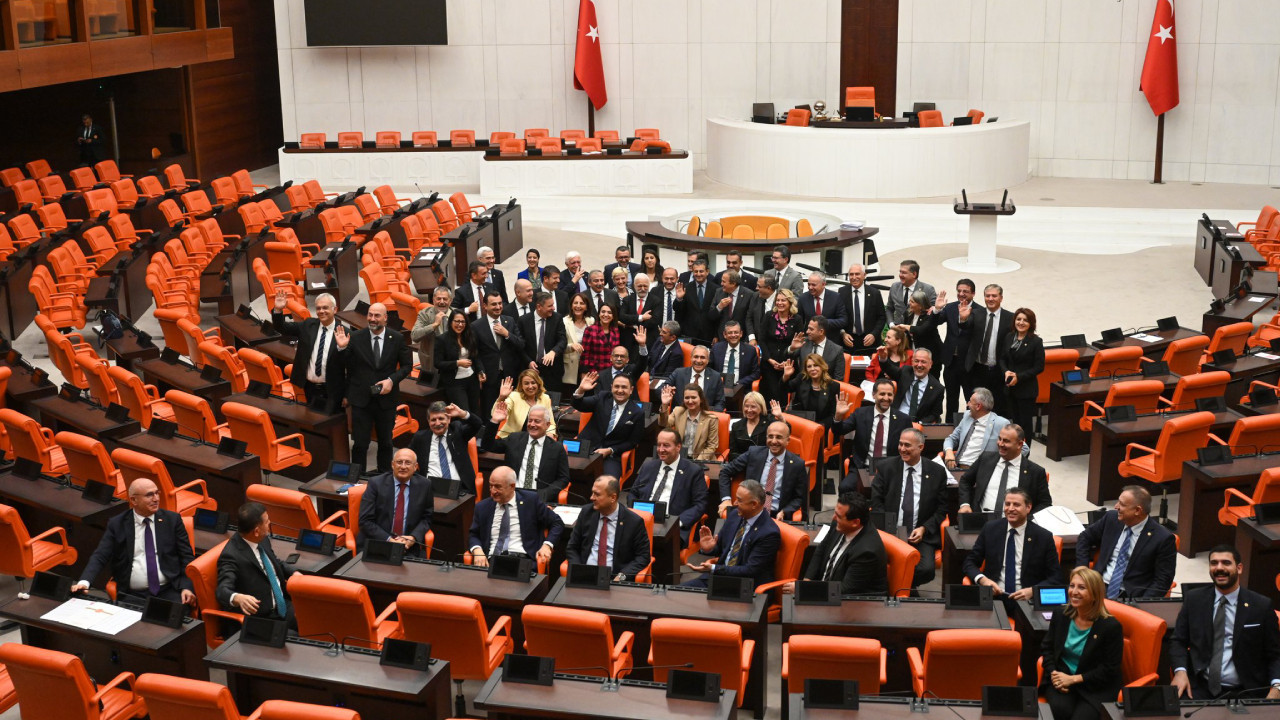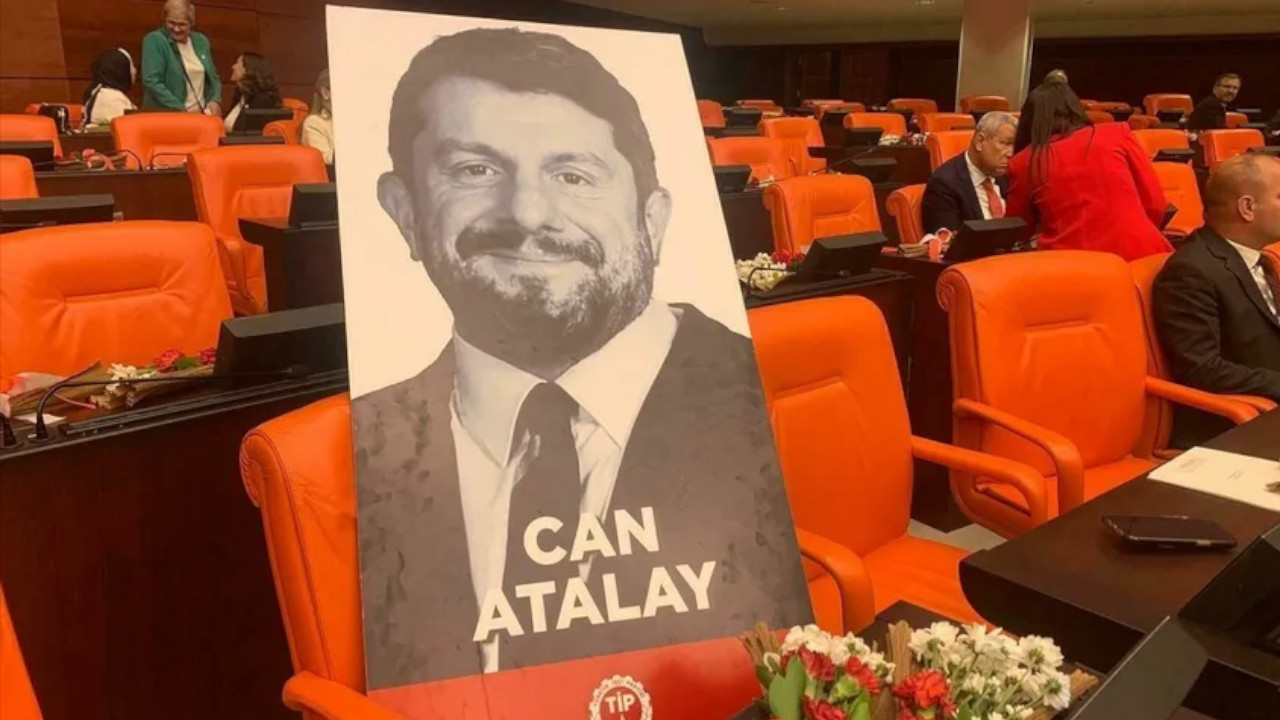Court of Cassation targets Constitutional Court after judicial crisis in Turkey
After causing a judicial crisis by not complying with the Constitutional Court ruling, the Court of Cassation, top appeals court, released a statement and said the former’s rulings “drag the legal system into chaos.” This week, the top appeals court refused to release jailed TİP MP Can Atalay despite the Constitutional Court ruling, and filed a criminal complaint against their judges.
Duvar English
The Court of Cassation, Turkey’s top appeals court, on Nov. 10 released a statement regarding the latest judicial crisis and targeted the Constitutional Court (AYM).
The court argued the AYM exceeded its “constitutional and legal boundaries” in some of its rulings, reversing “the established jurisprudence” developed by the chambers of the Court of Cassation and the Council of State and “dragging the legal system into chaos.”
“Individual application, which was hoped to be a convenient tool for solving the real existing structural problems of the Turkish judicial system, has gone out of its way and has become a systemic problem that weakens the judicial system,” the court said, criticizing the individual application to the AYM, which was introduced in 2012 by the same Justice and Development Party (AKP) government.
The court also claimed that the AYM did not comply with the constitution.
“With the authority it receives from the Constitution, the Court of Cassation is always ready to provide the necessary support in constitutional and legal studies needed to eliminate the problems caused by the implementation of individual application in its current form and to develop it according to the standards accepted in comparative law,” the court concluded.
What has happened?
The AYM on Oct. 25 ruled that imprisoned TİP deputy Can Atalay’s "right to vote and be elected” and “right to personal security and liberty" were violated and ordered the lower court to release him. The Criminal Court of Istanbul did not release Atalay, but referred the case to the Court of Cassation, arguing the AYM’s ruling was not related to the criminal court’s verdict.
The 3rd Criminal Chamber of the Court of Cassation on Nov. 8 refused to comply with the AYM ruling and filed a criminal complaint against AYM justices who voted for Atalay’s release, claiming they violated the constitution and exceeded their authorities.
The legal experts and the opposition deemed the move “a judicial coup” and “a coup attempt against the constitutional order,” reminding the 153rd Article of the Constitution, which reads “The decisions of the Constitutional Court are final. Decisions of the Constitutional Court shall be binding on the legislative, executive, and judicial organs, on the administrative authorities, and on persons and corporate bodies.”
President Recep Tayyip Erdoğan, Justice Minister Yılmaz Tunç and government ally far-right Nationalist Movement Party (MHP) executives claimed that the judicial crisis showed the need for a new constitution.
The government and its allies are expected to propose a change in the structure of the Constitutional Court, diminishing its power, as the preparation is ongoing for a new constitutional draft.

 Lawyers march to Turkey’s top appeals court amid judicial crisisDomestic
Lawyers march to Turkey’s top appeals court amid judicial crisisDomestic Erdoğan backs top appeals court's non-compliance with Constitutional CourtPolitics
Erdoğan backs top appeals court's non-compliance with Constitutional CourtPolitics Crisis in top Turkish judiciary outbreaks amid conflict among two main factions: ReportDomestic
Crisis in top Turkish judiciary outbreaks amid conflict among two main factions: ReportDomestic Turkish main opposition CHP protests judicial crisis at parliamentPolitics
Turkish main opposition CHP protests judicial crisis at parliamentPolitics Top Turkish appeals court files criminal complaint against Constitutional Court justices regarding MP Atalay rulingDomestic
Top Turkish appeals court files criminal complaint against Constitutional Court justices regarding MP Atalay rulingDomestic